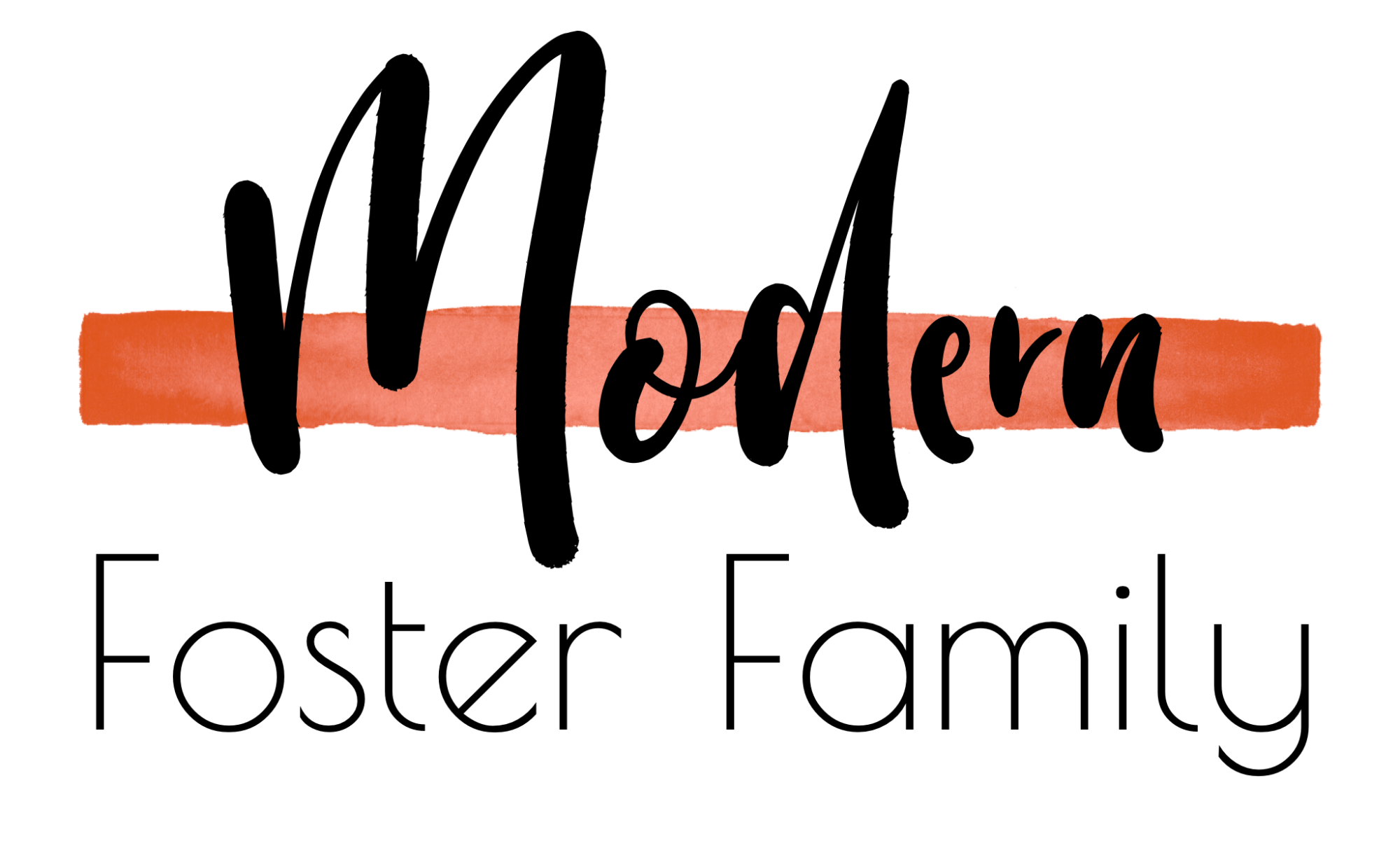When we became foster parents, we were first time parents. The world of childhood development was a bit new to us. We had read some books, played with younger siblings, nieces, and younger cousins, but had never been in the trenches with childhood development. Foster care throws you in the trenches, and can expose you to a very neuro-diverse array of children in a short amount of time. Since we started fostering, we have had 12 kiddos in care, and one bio child. With nearly every child, we have experienced a “that is new to us” moment, in learning how a kiddos brain develops. This post will hopefully share with you, some of the tools we have picked up along the way, in helping to nurture children with sensory processing needs.
We are by no means experts in this field, but we do have experience. We have had numerous kiddos in our care who have been diagnosed with “sensory processing disorder” and others who were considered to have sensory needs. These terms were new to us initially, but seem to be more common or discussed in parenting and especially foster parenting circles over the last few years. Maybe it is just similar to that phenomenon where you buy a car you like, and then all of a sudden you see the same car everywhere.
Continue reading “12 Sensory Tools For Your Home”









